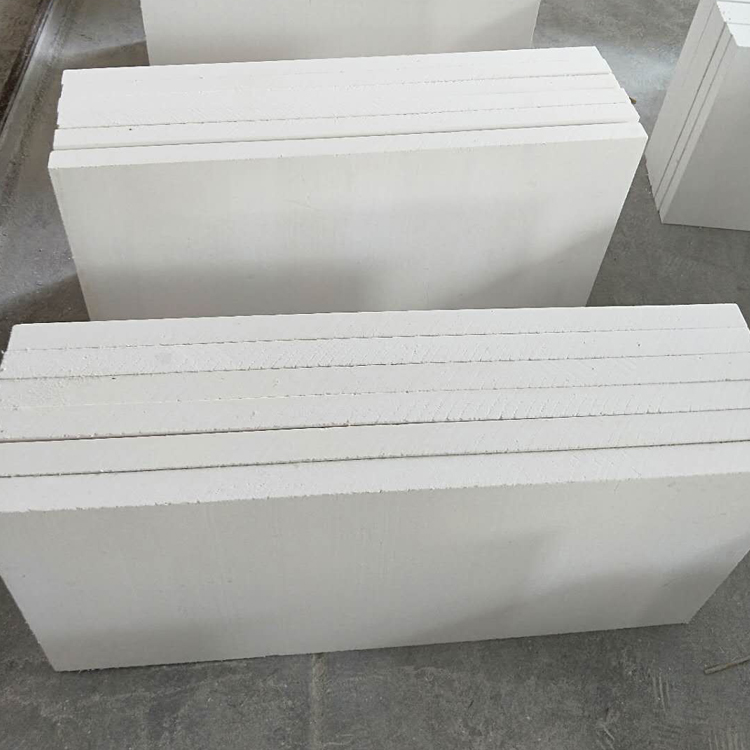Some important factors to consider when selecting calcium silicate insulation density are:
Temperature rating.
Higher density calcium silicate can handle higher maximum service temperatures. For very high temperature applications, a higher density is typically required.
Thermal conductivity.
Density impacts the insulation’s thermal conductivity. Lower density insulation tends to have better thermal insulation for the thickness. But for high temperature needs, higher density may still be required.
Structural strength.
Higher density calcium silicate is more rigid and can provide more structural strength. For applications where the insulation will provide structural support, a higher density should be selected.

Cost.
Density has a direct impact on the cost of calcium silicate insulation. Lower density insulation is typically more affordable. A balance needs to be found between cost, structural needs, and thermal performance for the application.
Moisture resistance.
Density affects moisture absorption and permeability. Higher density calcium silicate is less prone to taking on and holding moisture. For damp environments, a higher density may be preferable.
Ease of installation.
Lower density calcium silicate insulation is more flexible and easier to install, especially in areas with many obstructions or bends. Higher density material can be more difficult to install without cracking. Ease of installation should be considered based on the complexity of the project.
Weather exposure.
If the insulation will be exposed to outdoor weather conditions, a higher density, water-resistant calcium silicate should be selected. Lower density insulation will absorb more moisture and break down faster when exposed to weather.
Chemical resistance.
Density impacts chemical compatibility and resistance. For applications where the insulation will be exposed to chemicals, check chemical resistance compatibility for the specific densities being considered. Higher density may offer better resistance for some chemicals.
